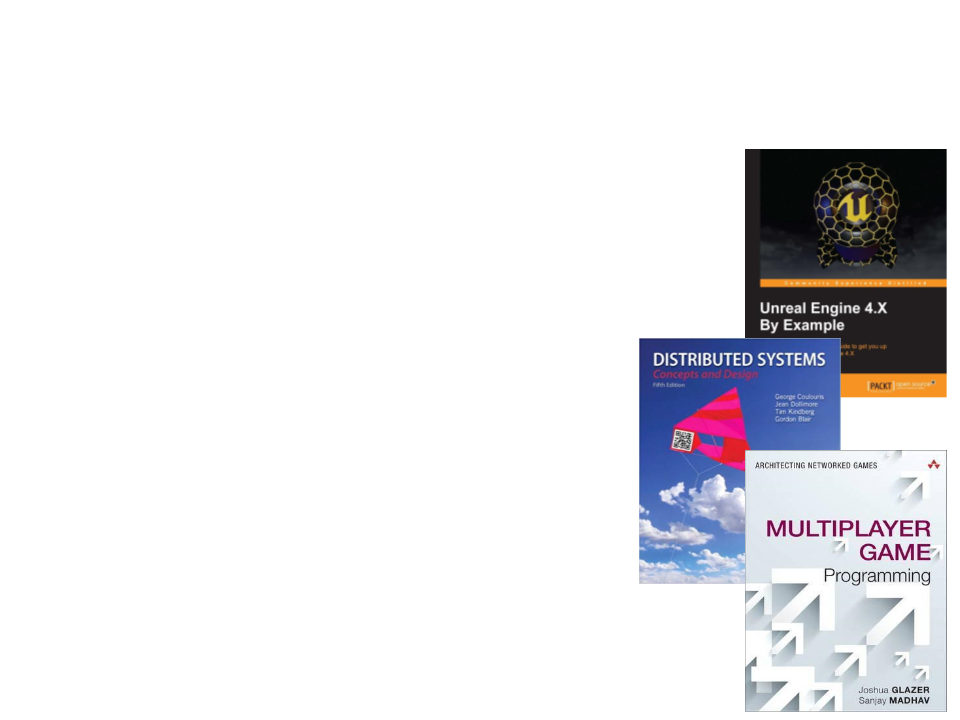
Distributed Programming
General Course Information
Edirlei Soares de Lima
<edirlei.lima@universidadeeuropeia.pt>

Distributed Programming
•
Professor: Edirlei Soares de Lima
–
Education:
•
•
•
B.Sc. in Computer Science – UnC
M.Sc. in Computer Science – UFSM
Ph.D. in Computer Science – PUC-Rio
–
–
Teaching Experience: PUC-Rio, UNIRIO, UERJ, IADE-UE
Game Experience:
•
•
•
Game Engines: RPG Builder, 3D Game Builder;
Research Projects: most are related with Logtell (http://www.icad.puc-rio.br/~logtell/);
Games: Krimson (Best Game Award at SBGames 2010 – Indie Game Development
Festival), and several other prototype games.
–
More Information: https://edirlei.com/

What is Distributed Programming?
•
•
Distributed computing is a field of
computer science that studies
distributed systems.
A distributed system is a system
whose components are located on
different networked computers,
which then communicate and
coordinate their actions by passing
messages to each other.
•
Distributed programming involves
the implementation of distributed
systems.

Distributed Programming
•
•
Games & Apps Development:
–
Study of the paradigm of distributed programming, distributed
systems, and data communication solutions;
–
Study of the C++ programming language, and its use in the Unreal
Engine for network communication.
Learning Outcomes:
1
2
3
4
. Implement games and general applications using the paradigm of
distributed programming.
. Understand the main models for distributed programming and
distributed systems.
. Implement client-server and peer-to-peer games using C++ and
Unreal Engine.
. Assess aspects related with the performance of distributed systems,
their advantages, and their shortcomings.

Distributed Programming
•
Module Content:
1
2
3
4
5
6
. Introduction to distributed systems and distributed programming;
. Processes, threads and synchronization;
. Distributed systems architectures;
. Unreal Engine and network communication;
. REST web services and HTTP communication in C++ on Unreal Engine;
. TCP and UDP communication in C++ on Unreal Engine;

Method
•
Active and experiential learning:
–
–
–
Theoretical concepts;
Practical examples;
Implementation exercises;
•
•
Game framework: Unreal Engine
Semester’s PBL team project:
–
Implementation of the game using the methods learned during the
course (architecture, communication, and performance).

Evaluation
•
Continuous Assessment:
–
[70%] Intermediate assessment:
•
[60%] Individual exercises on the concepts learned;
•
[40%] Two intermediate deliveries of the team project (within the
semester’s PBL team project).
–
[30%] End of term assessment:
•
[100%] Final delivery of the team project (within the semester’s PBL team
project) with individual discussion.
•
Final Assessment:
–
[100%] Practical exam on the concepts learned;

Evaluation
•
Project Deliveries:
–
–
–
1st delivery: identification of the communication necessities and
definition of the architectural model.
2nd delivery: working prototype with basic network communication:
basic gameplay synchronization.
3rd delivery: final version: full gameplay synchronization + external
matchmaking server.
•
The manual implementation of the message exchange process is mandatory for the
communication with the matchmaking server.
•
The final delivery of the project must include a report about the distributed
architectural model of the game.

Bibliography
•
•
Carnall, B. (2016). Unreal Engine 4.X By
Example. Packt Publishing. ISBN: 978-
785885532.
1
Coulouris, G., Dollimore, J., Kindberg, T., Blair,
G. (2004). Distributed Systems: Concepts and
Design (5th edition), Pearson. ISBN: 978-
0
132143011.
•
Glazer, J., Madhav, S. (2015). Multiplayer
Game Programming: Architecting Networked
Games. Addison-Wesley Professional. ISBN:
9
78-0134034300.

Distributed Programming
•
•
Canvas: Distributed Programming
Course webpage:
–
https://edirlei.com/distributedprogramming
•
Contact:
–
–
edirlei.slima@gmail.com
